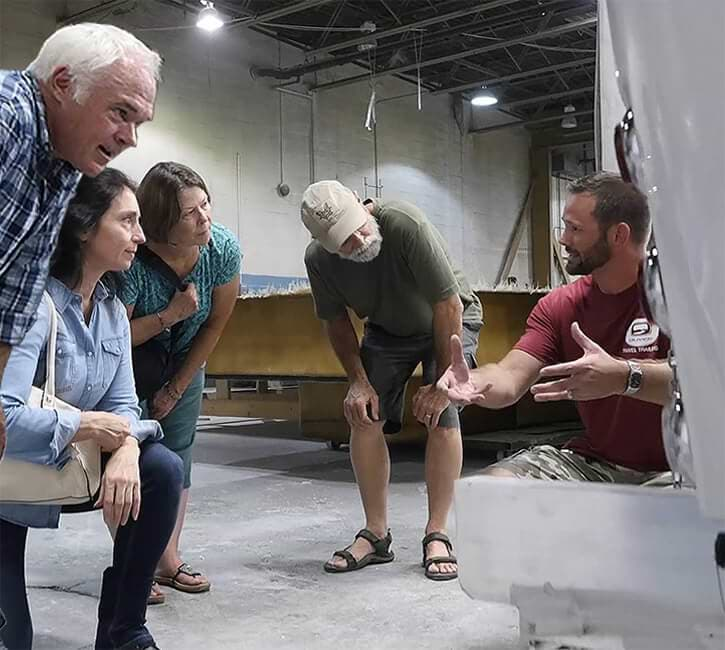In today’s society, there is a growing awareness and concern for environmental issues such as climate change, pollution, and resource depletion. As a result, consumers are becoming more conscious of the products they purchase and their impact on the environment. This has led to a shift in consumer behavior, with many consumers now placing a higher value on sustainable products.
How Environmental Awareness is Shaping Consumer Behavior
A recent consumer survey compared the views of consumers and senior retail executives and found that consumers across all generations are willing to pay more for sustainable products than retailers expect. In fact, nearly 90% of Gen X consumers stated that they would be willing to spend an extra 10% or more on sustainable products. This not only underscores consumers’ willingness to pay a premium for environmentally friendly and socially responsible products but also highlights the financial benefits they see in these choices.

Greening the Open Road with Sustainable RVs
One industry where this shift towards sustainability is particularly evident is the RV industry. As more and more consumers look to purchase RVs for travel and outdoor adventures, they are also looking for ways to minimize their impact on the environment. This has led to a growing demand for RVs that are sustainably made and environmentally friendly, a trend that brings hope for a greener future.
Young consumers, in particular, are the driving force behind the demand for sustainable RVs. Their purchasing decisions are guided by their values, and they are willing to pay a premium for products that align with these values. This underscores the need for RV manufacturers and retailers to adapt to this changing consumer behavior and offer more sustainable options for their customers.

Shaping the Future of RV Manufacturing
RV manufacturers can meet the demand for sustainable products by using eco-friendly materials like bamboo and recycled materials, which reduce production’s environmental impact. Additionally, implementing energy-efficient technologies can minimize the carbon footprint of RVs, enhancing their eco-friendliness.
RV manufacturers can be more eco-friendly by using sustainable materials and providing renewable energy options like solar panels. They can also use water-saving technologies. These features can attract customers who care about the environment and help manufacturers stand out in the market.
Retailers are essential in promoting sustainable products and educating consumers about their benefits. By showcasing sustainable features and their impact on the environment, retailers help consumers make informed choices. This not only boosts sales of eco-friendly products but also strengthens the sustainability movement.

Sustainable RVs are Here to Stay
In conclusion, there is a clear trend towards consumers placing a higher value on sustainable products. This is particularly evident in the RV industry, where consumers are willing to pay a premium for products that are environmentally friendly and socially responsible. By offering sustainable options and educating consumers about the benefits of choosing eco-friendly products, RV manufacturers and retailers cannot only meet this growing demand but also gain a competitive edge in the market. As the awareness of environmental issues continues to grow, the value placed on sustainable products is only expected to increase, making it essential for businesses to adapt to this changing consumer behavior.

